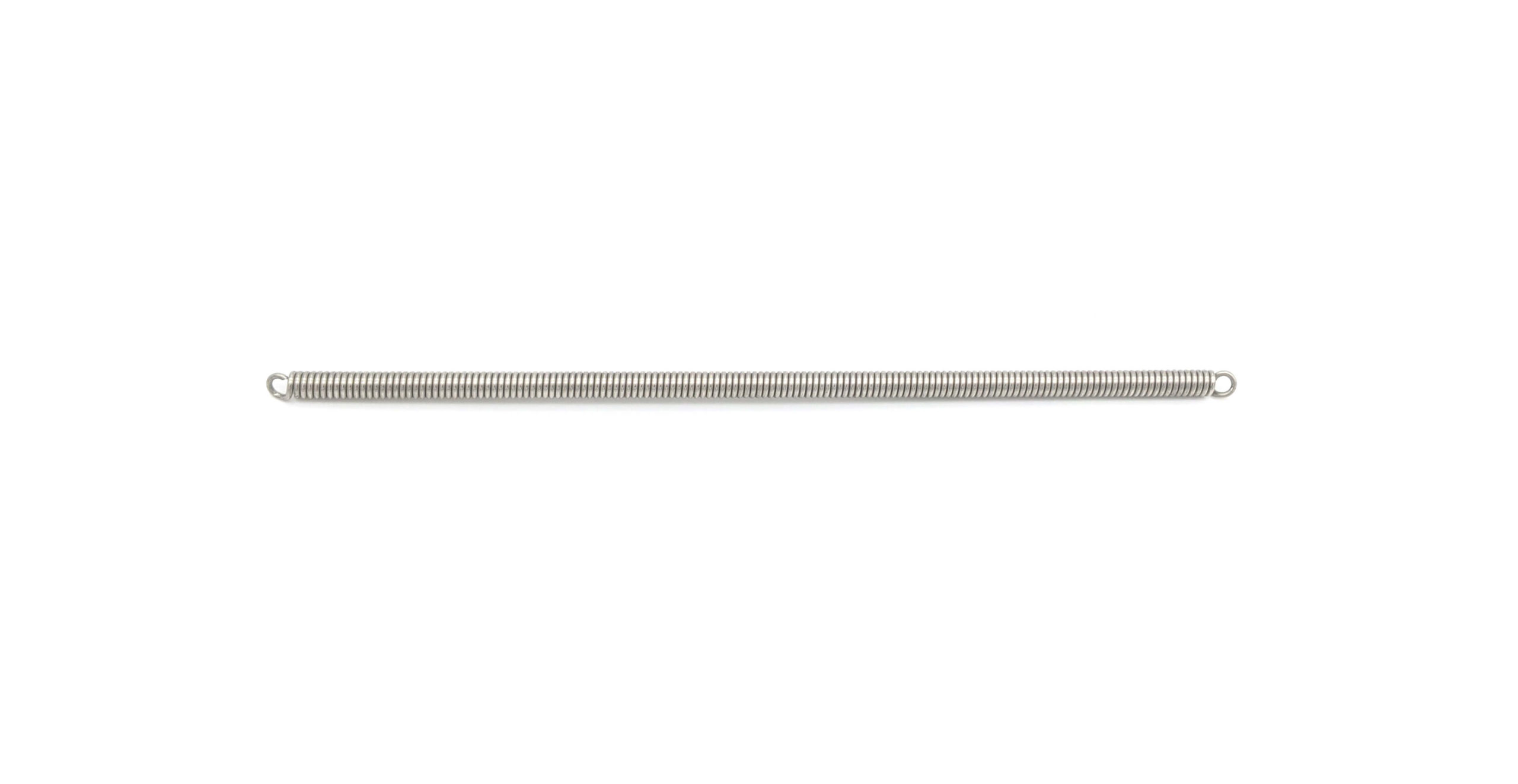Get unique, complex parts easily. No matter your requirements, Chaoyi Spring creates hard-to-produce coil springs and wire forms.
Let us help you create the custom wire form you need, from S-hooks and J-hooks to utility hooks and more.
We work closely with customers across a wide range of industries, helping them design and manufacture made-to-order parts.
Why choose Chaoyi Spring? We prioritize customer-focused collaboration, modern equipment and the latest technology to make your parts per print.
Find the information and guidance you need, from measuring a spring to learning about materials, placing an order and much more.
When it comes to vehicle suspension systems, the choice between torsion bars and coil springs is a frequent debate among car enthusiasts. Both systems have their unique advantages and disadvantages,


Imagine a metal rod, sturdy and strong, that twists when subjected to a force. This is the essence of a torsion bar, a solid, cylindrical piece of steel used in a vehicle's suspension system. When the car encounters bumps or dips in the road, the torsion bar twists, absorbing the energy and providing a smooth ride. It's like a giant spring, but instead of compressing or extending, it twists.

One of the key advantages of torsion bars is their inherent simplicity. Unlike coil springs, which require multiple components like springs, shock absorbers, and mounting brackets, torsion bars are a single, robust element. This simplicity translates into lower production costs and potentially better reliability.
Torsion bars are known for their durability and ability to handle heavier loads. This is why they are often found in trucks, SUVs, and other vehicles designed for rugged off-roading. Their ability to withstand high forces makes them a preferred choice for vehicles that need to carry significant weight or navigate challenging terrain.
However, torsion bars also have their drawbacks. One significant disadvantage is their limited adjustability. Once installed, changing the ride height or stiffness of a torsion bar system requires specialized tools and expertise. In contrast, coil springs can be easily swapped for different spring rates or modified by adding or removing spacer blocks, offering more flexibility in tuning the suspension.
Another potential issue with torsion bars is their susceptibility to noise and vibration. As the bars twist and untwist, they can create a distinct clunking or rattling sound, especially in older vehicles or under harsh conditions. This noise can sometimes be a nuisance and might require additional noise insulation measures.
Coil springs are undoubtedly the most common type of suspension system found in cars today. These springs, often made from high-tensile steel, are helical in shape, resembling a tightly wound coil. When a car encounters a bump, the coil spring compresses, absorbing the shock and then returning to its original shape, providing a smooth and controlled ride.
The versatility of coil spring systems is one of their greatest strengths. They offer a wide range of spring rates, allowing for customized ride heights and handling characteristics. This adaptability makes them suitable for a wide array of vehicles, from compact cars to luxury sedans.
Moreover, coil spring systems are generally easier to maintain and repair. Replacing a worn-out coil spring is a relatively straightforward process, and spare parts are readily available. Additionally, coil springs are less prone to noise and vibration compared to torsion bars, resulting in a quieter ride.
However, coil spring systems can be more complex than torsion bars, requiring more components like shock absorbers, struts, and mounting brackets. This increased complexity can lead to higher production costs and potentially more maintenance needs.
So, which suspension system reigns supreme? The answer, as with many things in the automotive world, is: it depends. The ideal choice depends on the specific application, vehicle type, and desired performance characteristics.
For vehicles that require heavy-duty hauling capabilities, durability, and simplicity, torsion bars are often the better option. Their robust construction and ability to handle significant loads make them ideal for trucks, SUVs, and other off-road vehicles.
On the other hand, for cars that prioritize a comfortable ride, customizable handling, and ease of maintenance, coil springs are the way to go. Their versatility, adjustability, and quieter operation make them a popular choice for passenger vehicles.
Ultimately, the decision comes down to your priorities. Are you looking for a rugged and reliable system for off-road adventures, or are you seeking a comfortable and customizable setup for your everyday commute?
The rivalry between torsion bars and coil springs is a timeless debate in the automotive world. Both systems offer unique advantages and disadvantages, making the choice depend on the specific application, vehicle type, and desired performance characteristics.
Torsion bars are a simple, robust, and cost-effective option for heavy-duty vehicles requiring durability and load-carrying capabilities. Coil springs, on the other hand, offer versatility, adjustability, and a smoother, quieter ride, making them a preferred choice for passenger cars.
By understanding the pros and cons of each system, you can make an informed decision and select the suspension system that best suits your needs and preferences. Whether you're choosing a rugged torsion bar system for your off-roading adventures or a comfortable coil spring system for your daily commute, remember that a well-designed and well-maintained suspension system is crucial for a safe and enjoyable driving experience.
The choice between torsion bars and coil springs is ultimately a matter of personal preference and application. Whether you're drawn to the simplicity and durability of torsion bars or the versatility and comfort of coil springs, remember that a well-maintained suspension system is essential for a safe and enjoyable driving experience. So, choose wisely and hit the road with confidence!Browse some of the custom wire forms and springs that we manufacture. Don’t see what you need? We specialize in made-to-order products that meet your application requirements.
Visit Our GalleryNeed a custom wire form or coil spring? We make it work. Fill out the contact form and a representative will respond within 1 business day. If you have a PDF or CAD file, you can submit to request a quote.